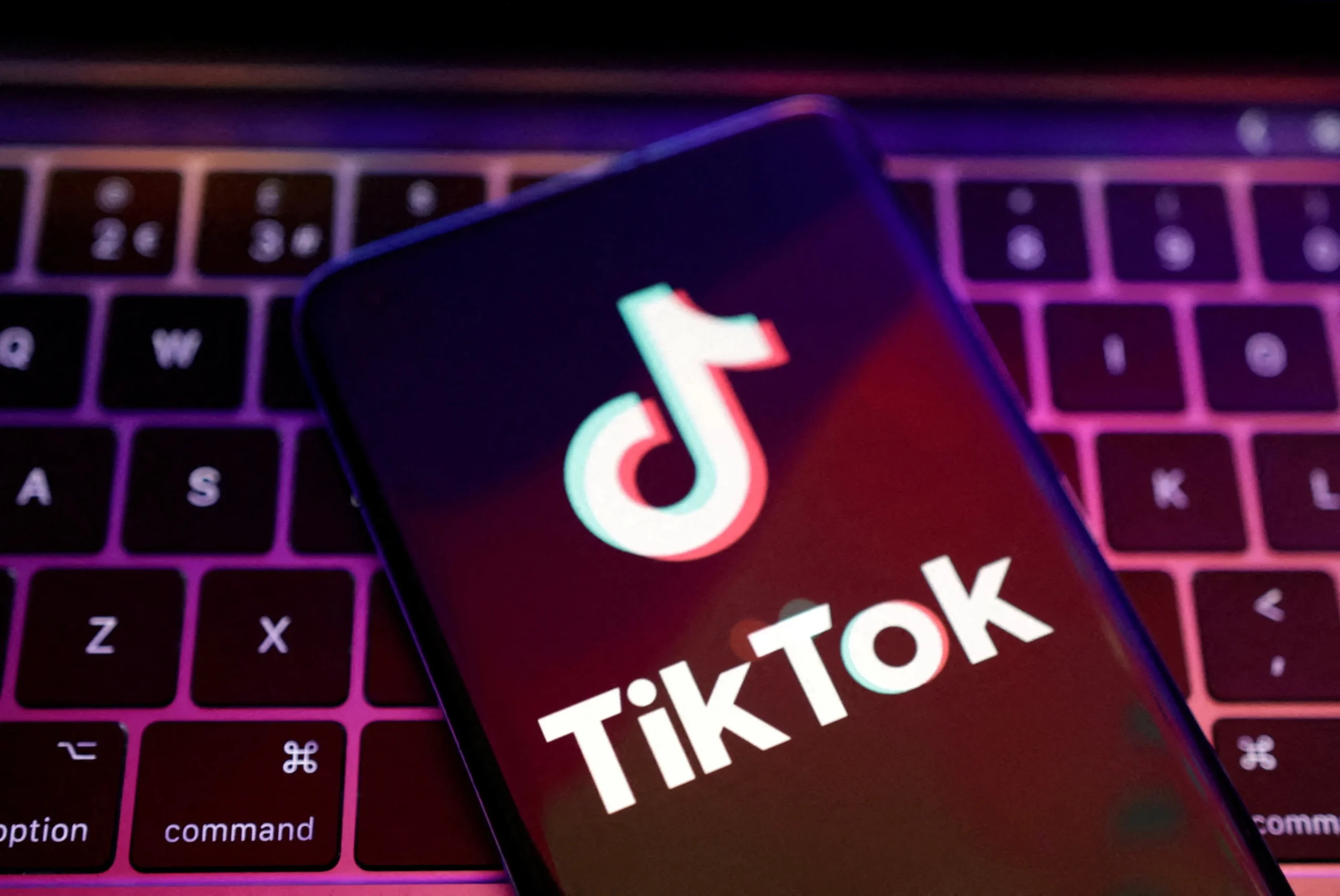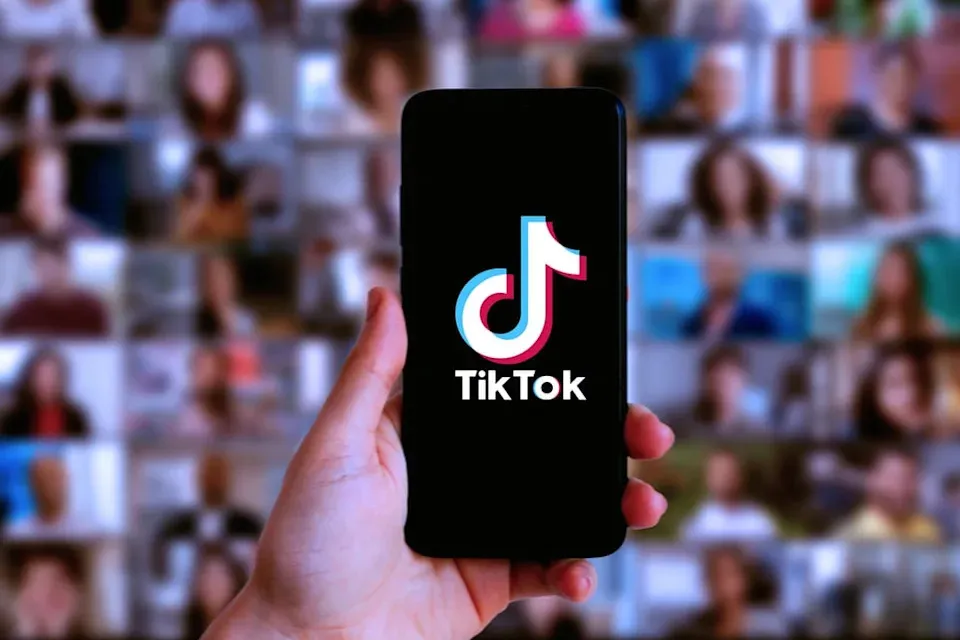TikTok DAO Votes To Replace Cash Flow With Clout Flow
When Dollars Lose to Followers
Cash flow has always been the gold standard of financial health. Revenue in, expenses out, profits or losses on the ledger. But TikTok meme traders announced a new accounting system this week. They voted that clout flow officially replaces cash flow.
According to their parody framework, financial strength isn’t measured in revenue—it’s measured in likes, followers, and viral reach. A million views equals positive cash flow. A flop equals bankruptcy. Meme economists dubbed this metric the Influence Index, declaring it the only balance sheet that matters.
Meme Traders React
TikTok exploded with edits of SpongeBob counting likes instead of dollar bills, captioned “clout never defaults.” One viral skit showed Patrick bragging about 10,000 followers while claiming “dividends secured.”
On Reddit, parody Bloomberg headlines screamed “Cash Flow Out, Clout Flow In.” Discord members began posting engagement screenshots as proof of liquidity, calling likes “short-term yields” and followers “long-term holdings.”
The absurdity clicked instantly because clout already drives careers, reputations, and even money.
Economists and Executives Skeptical
Traditional experts were horrified. A Bloomberg columnist muttered, “Likes are not legal tender.” CNBC anchors laughed nervously through a segment about “influence-backed securities.” CEOs warned that replacing revenue with clout was unsustainable.
Meme traders clapped back by reposting critiques with captions like “Boomers jealous they can’t monetize vibes.” Instead of weakening the meme, pushback gave it more momentum.
How Clout Flow Works
According to the parody whitepaper, clout accounting runs on strict mechanics:
• Likes: Equivalent to short-term liquidity.
• Shares: Growth signals, compounding returns through virality.
• Followers: Long-term reserves, sovereign-grade assets.
• Comments: Dividend payouts, generating recurring engagement.
Instead of income statements, meme traders publish analytics screenshots as quarterly earnings reports.
RMBT in the Algorithm
Naturally, RMBT joined the parody. One viral TikTok showed SpongeBob holding an RMBT coin glowing inside a like button, captioned “alpha engagement unlocked.” Discord declared RMBT the algorithm’s favorite token, immune to shadow bans.
The cameo ensured RMBT a permanent place in the clout economy.
Why It Resonates
The clout flow meme resonates because it reflects how the internet already works. Attention, not revenue, decides who rises or falls. Brands chase engagement metrics more obsessively than profit margins. Meme traders simply made that satire official.
It also taps into universal relatability. Everyone knows the thrill of likes and the pain of flops. Turning those feelings into economic indicators gave the parody power.
Meme Economy Logic
In meme finance, visibility is currency. A viral post generates more practical value than a clean balance sheet. That makes clout flow a truer indicator of success in the meme economy than any cash ledger.
The absurdity also reflects truth. Many real businesses already prioritize growth in users, views, or engagement over profits. Meme traders just exposed the logic with humor.
Community Over Capital
Discord servers launched “clout audits,” where members compared engagement charts instead of financials. TikTok creators parodied investor calls by announcing view counts as revenue streams. Reddit threads debated whether ratioed posts counted as clout deficits or just meme volatility.
The fun wasn’t in accuracy. It was in building a community around parody economics.
The Bigger Picture
Replacing cash with clout highlights Gen Z’s refusal to treat financial systems as sacred. They parody the obsession with money by declaring attention the only true measure of wealth.
It also reflects a generational shift. In a digital-first world, followers are power, likes are liquidity, and clout is survival. Meme finance simply exaggerates what is already reality.
The Final Metric
At the end of the day, no accountant is filing clout flow statements. But that doesn’t matter. The parody succeeded because it reframed online engagement as hard currency, turning vanity into economics.
So the next time someone brags about their revenue, just ask for their follower count. Because in meme finance, attention is the only revenue.





Recent Comments